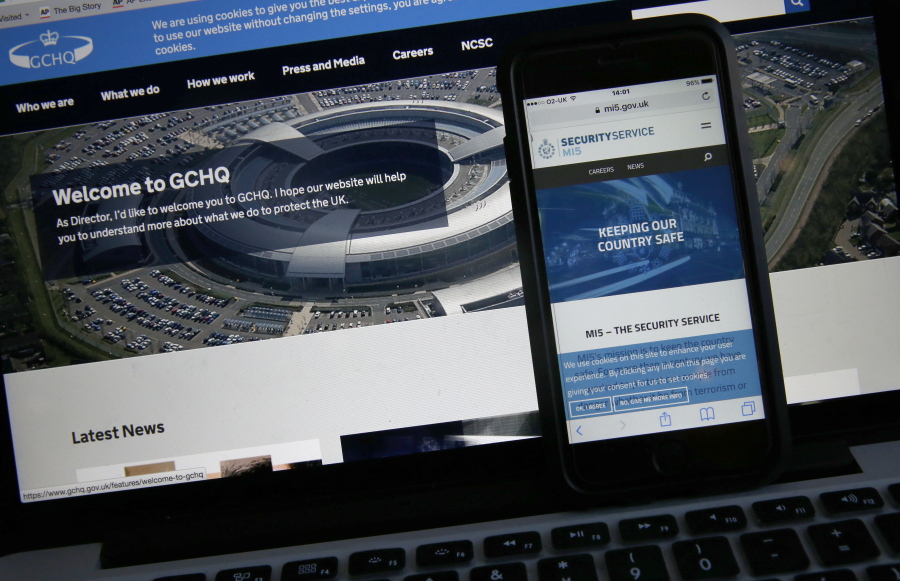LONDON — In Britain, Big Brother just got bigger.
After months of wrangling, Parliament has passed a contentious new snooping law that gives authorities — from police and spies to food regulators, fire officials and tax inspectors — powers to look at the internet browsing records of everyone in the country.
The law requires telecom companies to keep records of all users’ web activity for a year, creating databases of personal information that the firms worry could be vulnerable to leaks and hackers.
Civil liberties groups say the law establishes mass surveillance of British citizens, following innocent internet users from the office to the living room and the bedroom.
Tim Berners-Lee, the computer scientist credited with inventing the World Wide Web, tweeted news of the law’s passage with the words “Dark, dark days.”
The Investigatory Powers Bill — dubbed the “snoopers’ charter” by critics — was passed by Parliament this month after more than a year of debate and amendments. It will become law when it receives the formality of royal assent this week. But big questions remain about how it will work, and the government acknowledges it could be 12 months before internet firms have to start storing the records.
“It will be a phased program of the introduction of the measures over a year or so,” Home Office official Chris Mills told internet service providers Thursday.
The government says the new law “ensures powers are fit for the digital age,” replacing a patchwork of often outdated rules and giving law-enforcement agencies the tools to fight terrorism and serious crime.
In a move taken by few other nations, it requires telecommunications companies to store for a year the web histories known as internet connection records — a list of websites each person has visited and the apps and messaging services they used, though not the individual pages they looked at or the messages they sent.
The government has called that information the modern equivalent of an itemized phone bill. But critics say it’s more like a personal diary.
Julian Huppert, a former Liberal Democrat lawmaker who opposed the bill, said it “creates a very intrusive database.”
“People may have been to the Depression Alliance website, or a marriage guidance website, or an abortion provider’s website, or all sorts of things which are very personal and private,” he said.
Officials won’t need a warrant to access the data, and the list of bodies that can see it includes police and intelligence services, government departments, revenue and customs officials, and even the Food Standards Agency.




